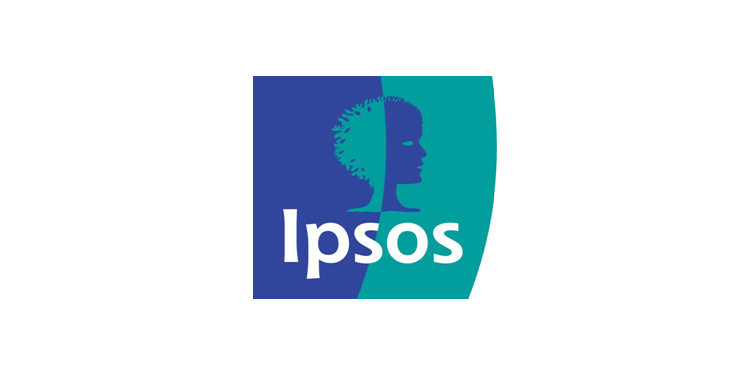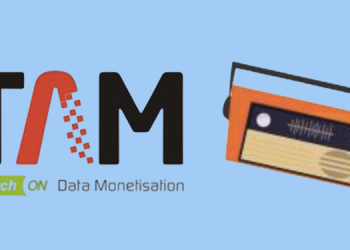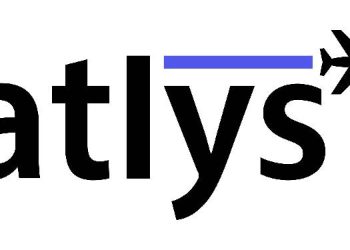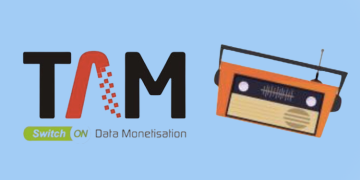New Delhi: The COVID 19 pandemic has been ruthless in many ways. Apart from the psychological scars that most families have gone through, we probed about the long-lasting impacts. Urban Indians named top 3 concerns of Higher Unemployment Rates and Lost Earnings(41%), Children being unable to make up for the missed formal education and making it worse (38%), and Worse mental health and wellbeing(35%), as the most long-lasting outcomes of the pandemic.

“The pandemic has led to job losses, job cuts, and salary cuts. Financially it has hit the families the most, because of medical costs due to the pandemic, and then with lowering of earnings for families, due to the shutdown and trimming of the workforce. This impact will last longer as recovery is slow and impeded unless every citizen is vaccinated and the pandemic is behind us,” said Amit Adarkar, CEO, Ipsos India.
July 15th was World Youth Skills Day 2021. Ipsos conducted a global survey to measure the impact of the COVID19 pandemic on the education, wellbeing, and life opportunities of children and young people.
Issues affecting well-being of children as they return to school
Urban Indians believe it may not be a cakewalk for kids to adapt as they return to school after a long hiatus.
And Urban Indians believe different age groups of children might need to brace up for their own sets of challenges.
For kids aged up to 11 years, the biggest roadblocks perceived by Urban Indians were: Adjusting to changes in the school environment (43%), maintaining focus and concentration on schoolwork (42%), and coping with worries about the COVID 19 virus (38%).
Further, Urban Indians believe, for older kids (aged 12-15 years) top issues they could confront, could be: maintaining focus and concentration on schoolwork (46%); maintaining good behavior and discipline (35%), and coping with worries about the COVID19 virus (32%).
And the kids aged 16-18 years? They could face issues like Maintaining focus and concentration in schoolwork (43%), maintaining good behavior and discipline (35%), and coping with worries about the COVID19 virus (35%).
“Children are likely to be out of sync with the strict school discipline and controlled behavior. They have gotten accustomed to a different lifestyle during the pandemic and coming up to speed to a more disciplined school regimen and behavior and maintaining the COVID 19 protocols will need tighter controls in schools and a lot of adaptation by children. I foresee some initial teething troubles until everything falls into place,” added Adarkar.
School Closures
At least 7 in 10Urban Indians (70%) polled believe school closures are/ were the acceptable price to pay for reducing COVID19 transmissions. Top countries backing this view were: Mexico (81%), Peru (81%), Columbia (80%), Chile (79%) and Saudi Arabia (76%).And the markets agreeing least and at the bottom of the heap were: South Korea (38%) and Japan (31%).
“Children are and will continue to be a highly vulnerable cohort, until vaccines for them are launched. And unless they are vaccinated, they will need to tread with the utmost discretion,” cautioned Adarkar.
Post-COVID Roadmap – how access to education can be improved
Urban Indians believe access to education can be improved with funding: 53% believe school uniforms, books, transport, and education expenses should be funded; 35% believe direct investment in schools to cover maintenance and staff costs, and 34% support funding for IT Training Programs to improve digital skills.
Public Spending after COVID19
Public Healthcare tops in the Urban Indians’ priorities (50%), social security and financial support of people (43%) and govt training programs to improve people’s skills and employability (29%) are the areas the govt should focus on believe urban Indians.

















